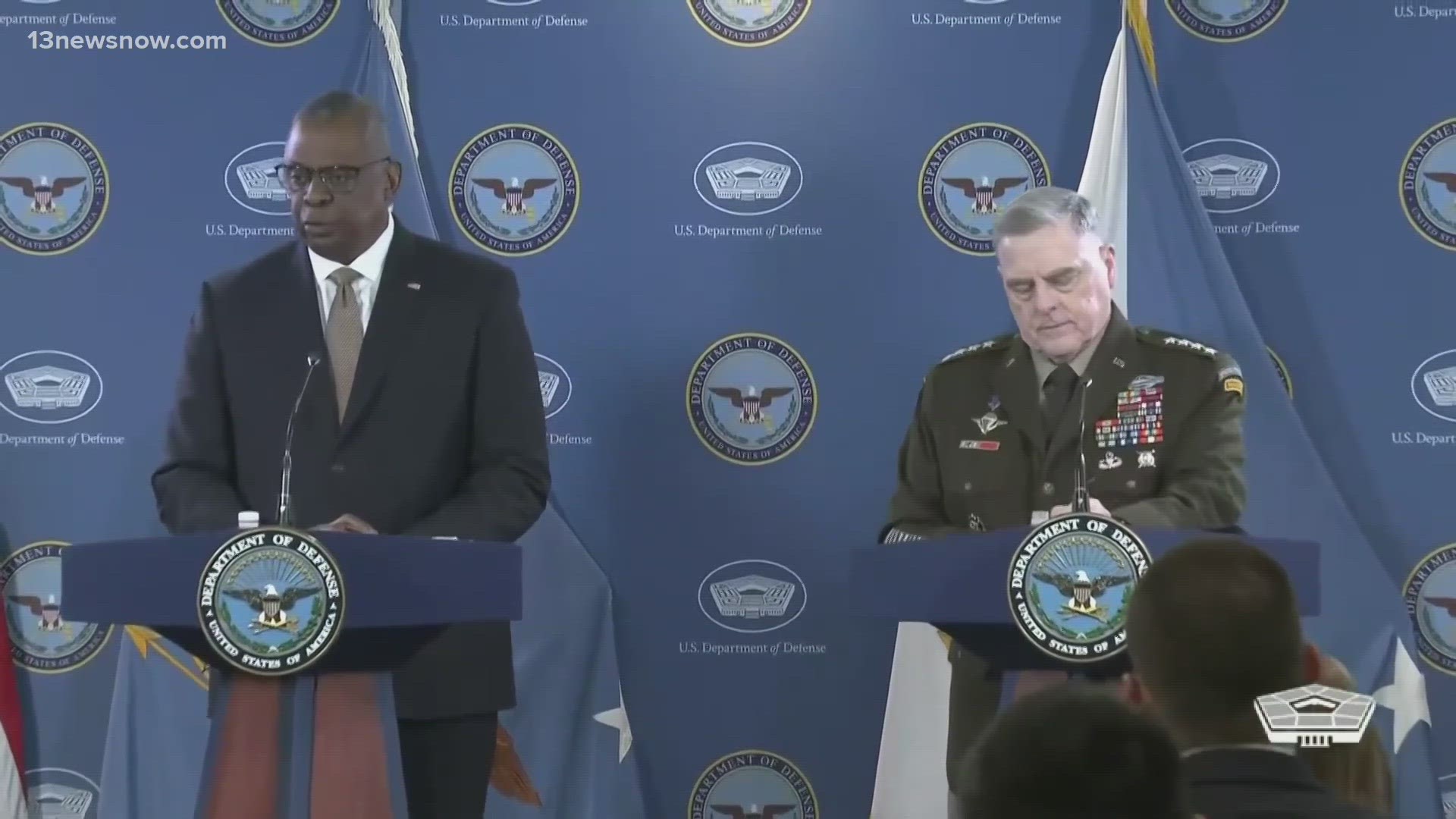WASHINGTON — Ever since President Harry S. Truman signed Executive Order 9981 mandating the desegregation of the U.S. military in 1948, the branches have been focused upon diversity equity and inclusion.
"The diversity of the U.S. armed forces is one of our greatest strengths," Gilbert Cisneros said, the Under Secretary of Defense for Personnel and Readiness, while testifying recently before the House Armed Services Subcommittee on Military Personnel.
Republican members of that panel disagree with current methods being used.
They criticized Defense Secretary Lloyd Austin's 2021 extremism stand-down, which resulted in more than 5 million man-hours being devoted to DEI training.
Panel Chairman Rep. Jim Banks (R-Indiana) said the effort is based on "faulty science and misguided principles."
"Yet, the Department of Defense and the services have embraced DEI training full cloth, without empirical evidence. And worse, they may very well be increasing racism and division in our military," Banks continued.
In the midst of what has been called "the worst recruiting crisis since the creation of the all-volunteer force nearly 50 years ago," committee Republicans insist that DEI training is at least in part to blame.
Rep. Jack Bergman (R-Michigan), a retired Marine Corps General, asked DoD, Army, Navy and Air Force panel members if DEI's impact on a variety of personnel issues has been positive or negative.
They responded, one by one: "Positive. Positive. Positive. Definitely positive."
A Pentagon report in December found that the U.S. military branches received more than 200 reports of domestic extremism in the previous two years.
According to the Associated Press, five active-duty service members have been arrested for crimes related to the January 6th attack on the U.S. Capitol.

